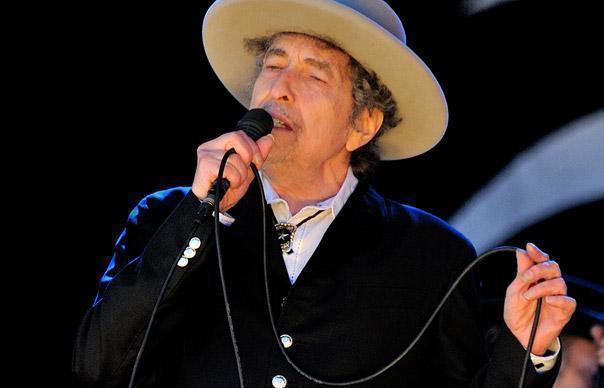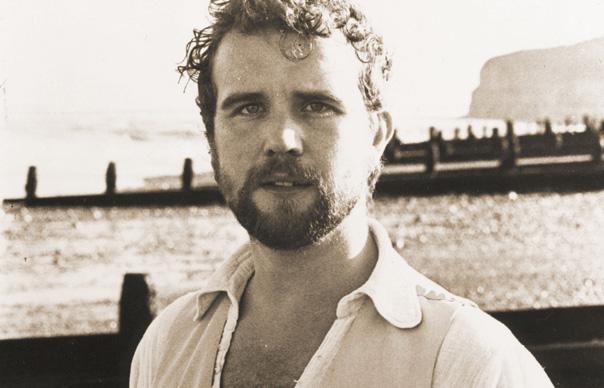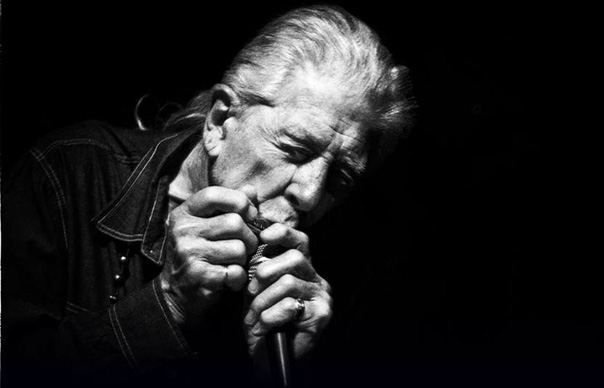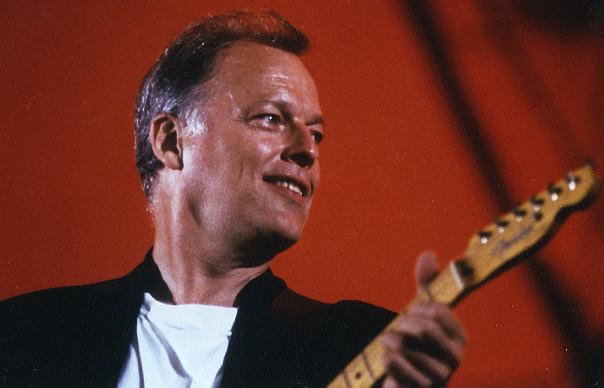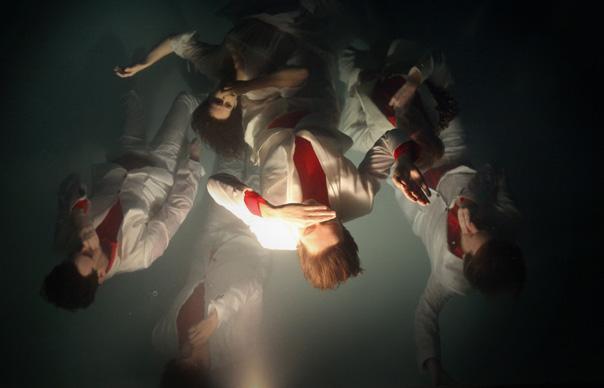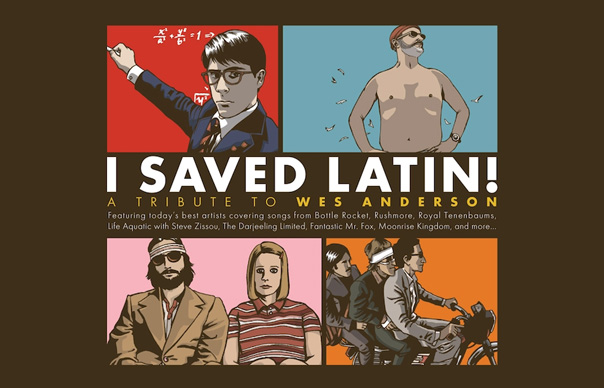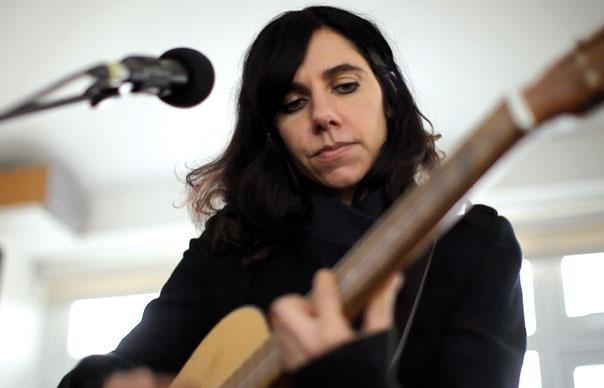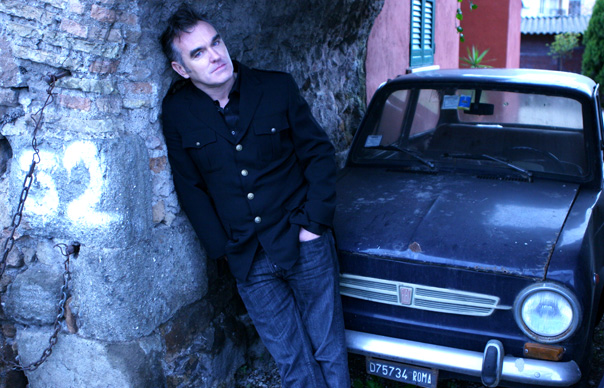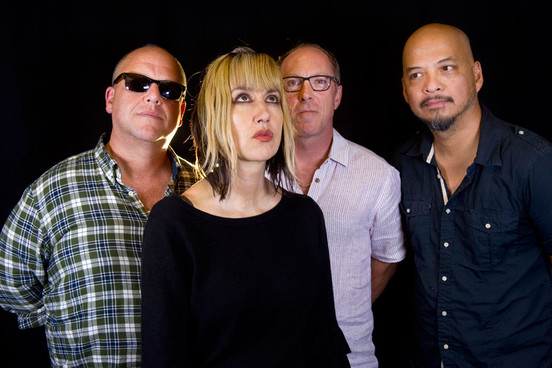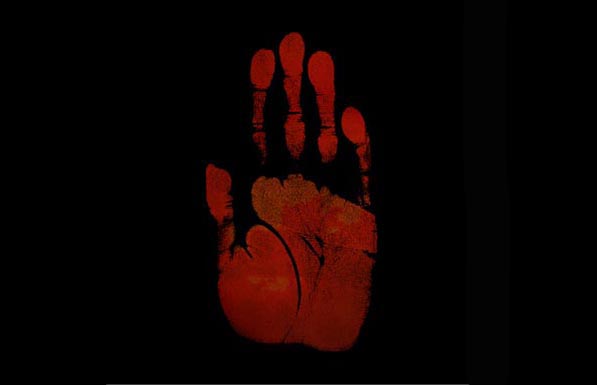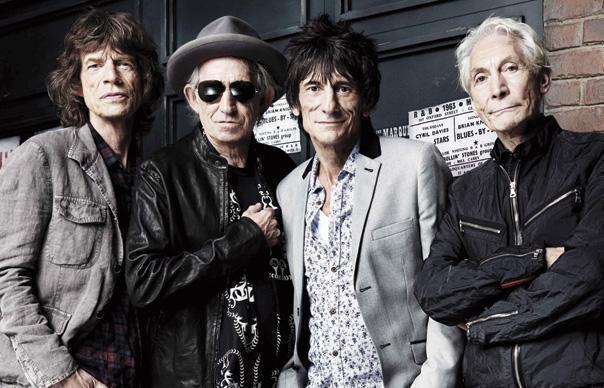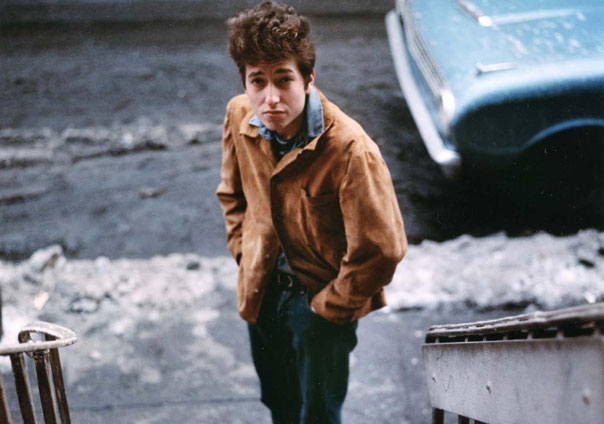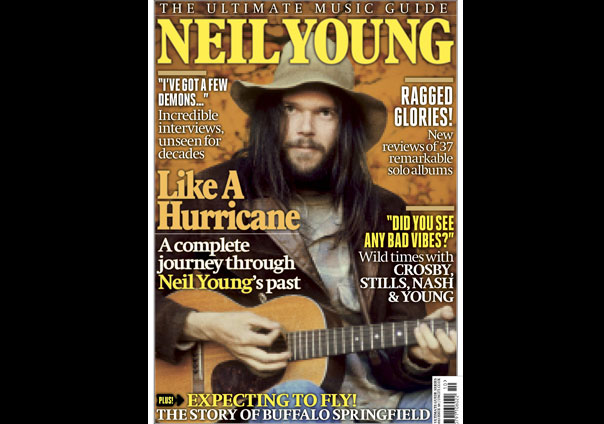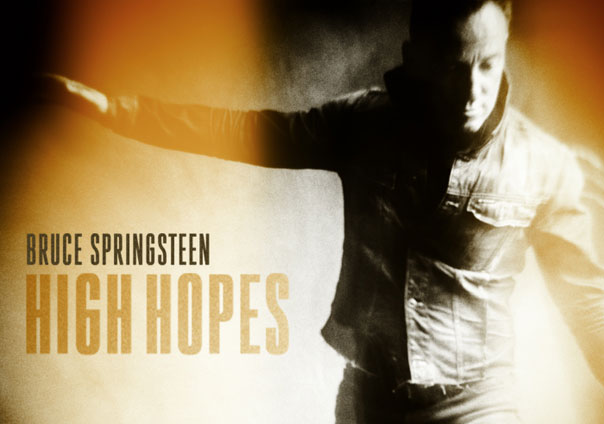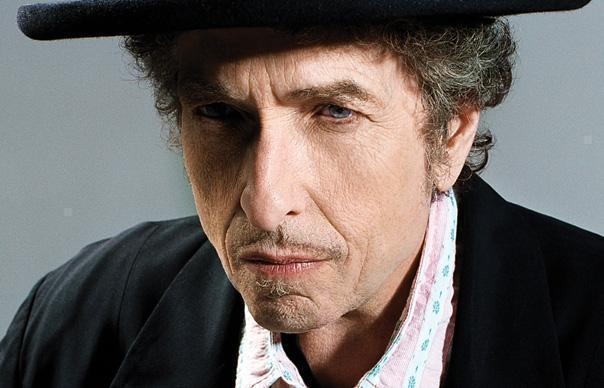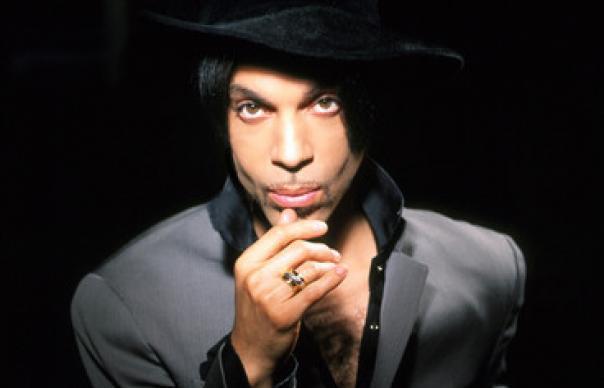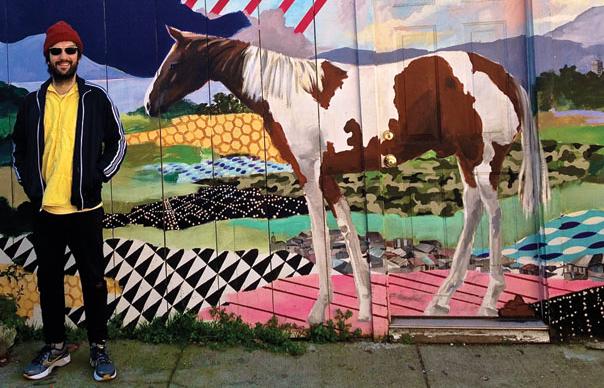Pavement frontman and solo artist Malkmus is releasing a new album, Wig Out At Jagbags, with his band, The Jicks, on January 6, 2014. Here, though, is a classic archive feature from our September 2011 issue (Take 172), in which the guitarist and songwriter answers questions from fans and celebrity admirers including Graham Coxon, Nigel Godrich, Avey Tare, Stewart Lee and Scrabble enthusiast Giles Brandreth. Prepare for confessions about ripping off The Fall, horse-racing and a pubic-hair-eating contest… Interview: John Lewis
___________________
Stephen Malkmus is telling us about a song he’s just finished writing. “It was for my daughter,” he says, rather sheepishly. “It’s about how she loves cream cheese and white bread, passionately, from the bottom of her heart. I always make up shitty songs for my kids to make them laugh. Thing is, they sound like Pavement songs. They have dumb lyrics, they sound like nursery rhymes, and they’re sung in my terrible voice…”
Apart from being a doting father, Malkmus is also a keen fly-fisherman, rock climber, golfer, softball player and Scrabble obsessive – and he spent much of last year playing to bigger audiences than he’s played to in his life, after reforming Pavement for a world tour and curating a weekend of gigs at All Tomorrow’s Parties in Somerset. Now he’s preparing to release a new album with his own band, The Jicks, Mirror Traffic – produced by his old pal Beck. First, however, there’s the small matter of the Uncut mailbag…
“I’m impressed by your calibre of questioners,” he says. “You seem to have found some friendly voices from the rock mafia out there…”
___________________
Bit of a boring question, I’m afraid, but what were the five albums that influenced you most?
David Portner (Avey Tare), Animal Collective
That’s a tough question! Okay – Ege Bamyasi by Can. Loaded by the Velvets, Hex Enduction Hour by The Fall, Born Innocent by Redd Kross, and Cats And Dogs by Royal Trux. There. That’s five. All classics!
Is it true you played football – or soccer – in high school?
Richard Cochrane, Crosby, Merseyside
Yeah, I played centre-forward for my school team. Strikers are meant to be flamboyant, but I was just good at being in the right place and scoring tap-ins. I couldn’t dribble around players or take free kicks. We had a coach from England, and he took us on a summer tour around the UK when I was 16. We won a few games but we were usually up against tough 15-year-old inner-city kids who would be finishing their cigarettes at the side of the field and then come on and kill us. But that was a pretty influential trip for me. I went to my first strip bar in Soho. And I remember buying a huge plastic jug of beer from a country pub. It was a light brown plastic jug that stank of hops and beer. I was so impressed that I brought it home as a souvenir.
How do you go about writing lyrics? Are poetry and abstraction important? I’m thinking about tracks like “Texas Never Whispers” for instance.
Graham Coxon
Wow. Graham from Blur! Lyrics come when I’m playing guitar in my house, getting riffs that stick. Then I go off the top of my head and come up with a line that sounds natural and fits in the pocket of the music. That’ll usually be the first line of the verse, or the chorus. I try to get to the unconscious place – I’m still into that modernist idea of an unfiltered unconsciousness. I have ground rules: I don’t do confessional or silly love songs. I read modern American poetry and hope it rubs off. I feel an affinity with post-beat dudes like Jack Spicer and Lew Welch.
When was the last time you spoke to Pavement’s original drummer, Gary Young?
Phil, Stoke Newington
It was last year at Berkeley, when Pavement played. He played a couple of times with us. We got on fine. He’s ready to play, if anybody needs a drummer, he will play on your record. I want to help him out. What’s my favourite Gary Young story? There was a time when he put a dead animal in my bag because he was mad at me. I think it was a roadkill rabbit. I’d probably told him off for doing a handstand during a drum solo, or going skydiving before a gig. I became the focus of his wrath at some point. As the songwriter, I became like the evil father, holding him back. But there are lots of good Gary Young stories, most of which are unprintable. I remember him having a pubic-hair-eating contest with the crew on the last night of a Japanese tour. And I remember that he kissed Courtney Love at a Sonic Youth show that we played. Those are the PG-rated anecdotes.
Various Fall songs of the early ’80s are clearly the source for much of the material on Slanted And Enchanted. Has Mark E Smith ever challenged you about this?
Stewart Lee, comedian
I’d be the first to admit the plagiarism, but we were young California dudes riffing over a band we really liked. The stakes weren’t high. Specifically, we were fans of Grotesque. I did see Mark when we got The Fall to play ATP last year. Did I speak to him? Er, no. I’m nervous of meeting my heroes. But I did see him in his chalet, looking good in a leather coat, drinking beer and smoking, with this cute young girlfriend/wife. I thought, this guy is living the rock’n’roll life! The poet of pop doom! But what would I have talked to him about? “Hi Mark, we stole a bunch of your ideas.” I’m not sure I’d understand a word if I did talk to him! And it’s not like we entirely ripped off The Fall. We also ripped off the Velvets. There’s maybe five per cent of us in there, too…
Did Beck convert all The Jicks to Scientology when he produced your album this year?
Ellie, Edinburgh, Scotland
Whatever is going on in his spiritual life, we never talked about. There’s no pictures of L Ron Hubbard around his place. No, Beck is a great guy, and a pretty free spirit. He’s got great ears. He knows what makes things sound good, what’s technological and what’s soulful, and what that mix should be. He has the ability to listen and make constructive suggestions, unburdened by self-interest. He didn’t play much – keyboards, a touch of tambourine, and he did a lot of conducting of horn players and pedal-steel guitarists. He’s good at geeking out on how loud the vocals should be. There was a lot of geeking out. We recorded it at Sunset Sounds, a famous old room on the Strip in LA, where a lot of famous albums were recorded. Then we completed it and mixed it at his house. Ironically, he started work with Thurston [Moore] after us, but Thurston finished his album before we did!
When we made our first recordings and sometimes even later, I was often embarrassed to sing some of the lyrics in front of the engineers. Have you ever had moments when you’ve found it hard to sing a lyric, either to a bandmate or in front of a technician?
Gina Birch, The Raincoats
Yeah, I was really shy about singing when I started. But it wasn’t the lyrics, it was my voice. I was in a band in high school, and we played at some little outdoor festival. We got a tape of the mixing board playback, and my voice sounded terrible. Far too loud, and very separate from the music. So, based on that one board tape, I didn’t sing throughout my college years. It took me a long time to hear a bunch of different groups and feel that it was okay to sing in a DIY kinda way. Which is why Pavement ended up so self-consciously shambolic. Because the singing was on an equal par to the playing and the production! It was conversational, like a nursery rhyme, with not too many notes. Eventually I become comfortable with that.
Which band would you like to see reform?
Angel, Los Angeles, California
Apart from The Smiths, there’s no one left who hasn’t reformed! Maybe Tago Mago-era Can. I’d love to see them, transported to today. And The Desperate Bicycles – a chaotic little London punk band from the late ’70s – I’d love to see them get back together. Swell Maps would be nice, too, if only because they’d all be alive again. Kinda sad what’s happened there.
What’s your favourite Groundhogs album?
Nigel Godrich, producer
Split or Thank Christ For The Bomb. When Nigel was producing Pavement’s last LP [1999’s Terror Twilight] he’d be playing stuff like Zep, or Hunky Dory, telling us, this is what a great LP should sound like. And he’s right. But, just to wind him up, I’d say, “Man, The Groundhogs are where it’s at. The people’s band!” You got avant-garde meltdowns mixed with totally driving music. He was sceptical at first, but we won him over. But, you know, Hunky Dory is cool, too…
What are your memories of backpacking around the Middle East as a teenager?
Shlomi Charka, Jerusalem
It was 1988 and I was about 21, 22. I went to Jordan, Egypt and eastern Turkey, but I guess the mad bit was going to Iraq and Syria. I don’t think I met any other backpackers while I was there. Iraq was weird. It was a weird ghost town of a place, even then, recovering from the Iran-Iraq wars. I spent 10 days in Baghdad and Basra, and it was also the hottest, most uncomfortable, and least pretty place I’ve ever been to. I understand that the Kurdish areas in the north are nicer. But I just remember thinking, fuck, man, this is bad. Syria, on the other hand, was beautiful. And the people I met were amazing.
What’s Stephen’s favourite Scrabble word? Mine is YEX. It means a hiccup. It’s short, fits in to awkward corners and, thanks to the X, scores quite nicely.
Gyles Brandreth, fellow Scrabble enthusiast
Me and Bob [Nastanovich] used to play Scrabble a lot on tour. Now I play a lot online and on my iPhone. There are lots of obscure words that are good for getting rid of troublesome tiles like I, V, C and U. VAV is a good one. I’ve played HOURI a few times, but I’m not sure what it means. One time, playing with Bob, I spelled the Yiddish term CHUTZPAHS, pluralised, across two double word squares. That was the most points I’ve ever scored. Recently I decimated a guy online with REZEROES on a triple word score. Thing is, like most Scrabble players, I don’t know the meaning of half of the words I’m spelling. And playing on a computer makes you even lazier – the programme bounces back your tiles if it’s not a real word. I miss being able to challenge someone for playing bullshit words!
Ever hang out at the races with Pavement drummer Bob Nastanovich?
Royce da Silva, Cheltenham
Bob’s now a horse-racing tipster and journalist, and over the years I’ve been with him to all the classic tracks. Santa Anita in California, Saratoga in New York, Churchill Downs in Kentucky, Arlington in Chicago. We’ve even been to see harness racing, where guys are riding on the wheeled carriages behind the horses. And there’s this hovercraft that you can take to this one track in New Jersey for a full day trip. Thing is, after a while, I found it kinda boring, to be honest, ’cos I couldn’t make hide nor hair of it, and I don’t really like to gamble. I mean, places like Churchill Downs are a nice, fancy day out, but a lot of racetracks have a down-on-their-luck vibe, filled with fraternity guys drinking cheap beer and shabby dudes looking for discarded winning tickets on the ground. Bob knows his shit, though.
Is it true that you’re moving to Berlin?
Meryl, Berlin
Yes, it is true. I don’t know why. We’re kinda set up in Portland, where we live, but we wanted to make a change, and we couldn’t decide where to go in America. It’s kind of a big thing, at my age, to sell all your shit and move house. We just eventually, somehow, through bargaining and talking, ended up picking Berlin. We’re renting a place for a year and we’ll see how it goes. I’ve been to Berlin 20 times, probably, but I don’t know much about it. Everyone I talk to between the ages of 25 and 35 has some friend that lives there now and they say that they love it. Hopefully we’ll enjoy it. The kids are in a school, it’s biking distance. Maybe we’ll end up loving the Germans.


